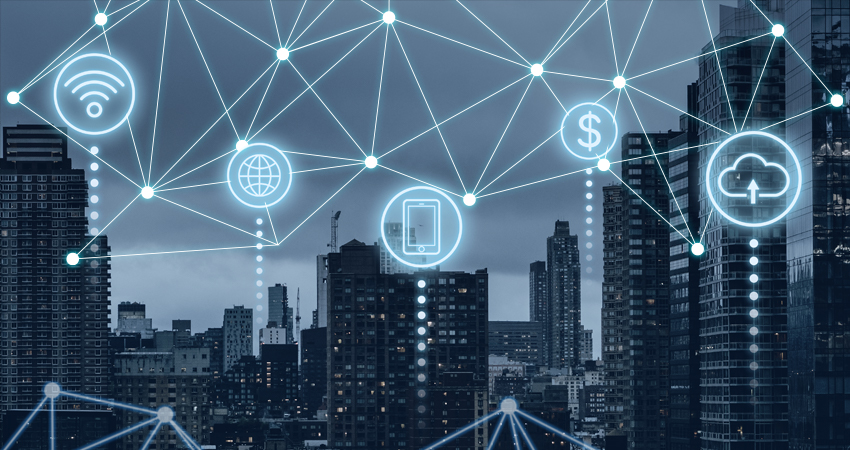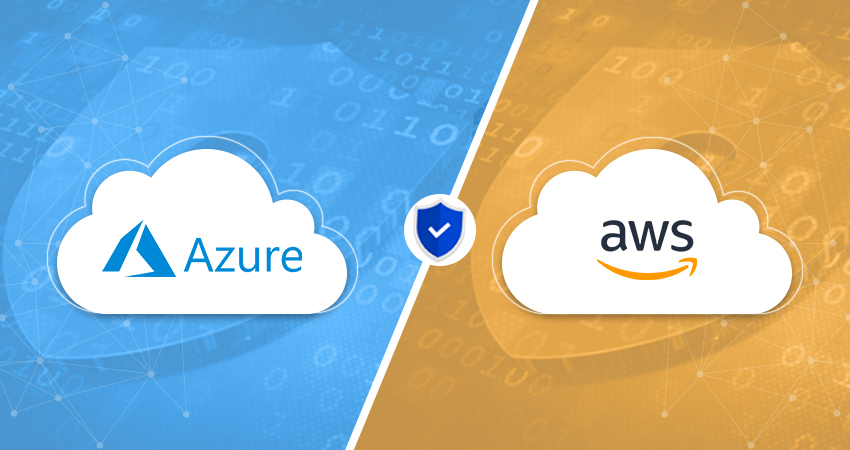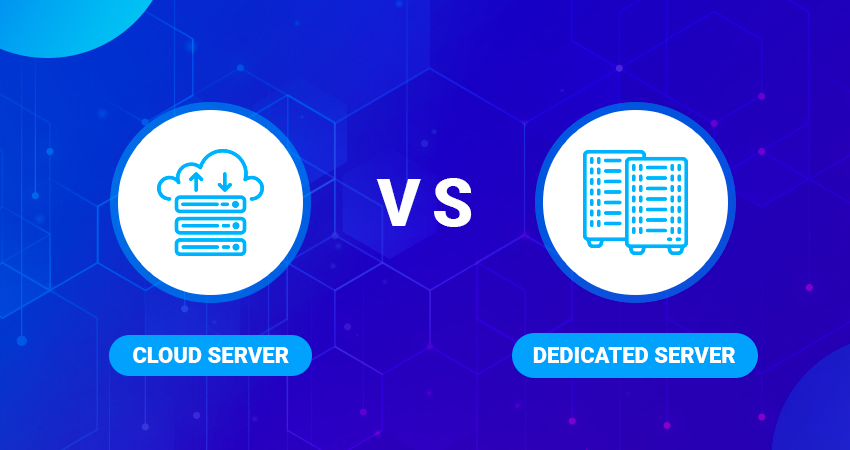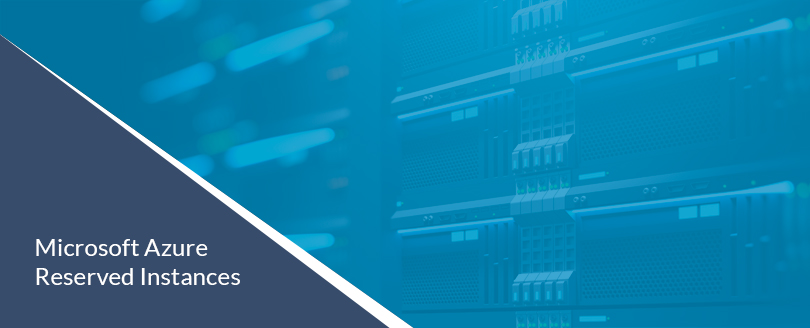-
Get a Personalized Demo
- Soluciones
-
Servicios Empresariales
Estrategia de Nube Seguridad Cibernética Servicios Administrados Gestión de Socios Servicios de Portación
- Industrias
-
Industries We Serve
- Conocimientos
-
Recursos
Eventos
Ready to learn more about IAG now?
Watch our on-demand video on how identity management is
done in a typical organization.
- Carreras
-
We’re constantly on the hunt for talented individuals who are passionate about innovative technologies
- Socios
-
Socios
Partner Program
- Compañia
-
GLOBAL
Sobre ISSQUARED -
IN INDIA
ISSQUARED
- Book a Demo
-
Book a Demo
Fabulix Service Manage (FSM)
-
- Español
- العربية
- Français
- English
- Dutch
Thank you for your interest. We Will Contact You Soon...Your email ID is already registered with us.Navigating the Cyber Seas: Understanding the Scope and Limitations of Cyber Security Insurance
Cyber Security - Mar 19, 2024
Everyone is at risk for cyber attacks, but perhaps businesses have the most to lose. Both our businesses and personal lives are intricately connected to the vast and ever-evolving cyber sea. And while this interconnectedness offers countless opportunities, it also exposes us to a constant barrage of cyber threats lurking beneath the surface.
In 2024, the global average of a cyber attack was $4.5 million. As larger businesses upgrade their cybersecurity posture, smaller companies become obvious targets to cyber criminals.
Cyber insurance can help prevent your business from being financially impacted by a cyber attack and keep operations running as smoothly as possible.

Beyond Standard Business Insurance
Unlike traditional liability coverage that protects against physical harm or property damage, cyber security insurance focuses specifically on the financial repercussions of cyberattacks. These attacks can take many forms, including data breaches, ransomware attacks, and business email compromise scams (BEC). The resulting financial losses can be substantial, encompassing costs associated with:
Data recovery: Lost or compromised data can be complex and expensive to recover.
Forensic investigations: Identifying the source and scope of a cyberattack often requires engaging specialized forensic professionals.
Regulatory fines: Depending on the nature of the attack and the type of data compromised, businesses may face hefty fines from regulatory bodies.
Legal expenses: Affected individuals may file lawsuits, and regulatory actions can incur from cyber security attacks, incurring significant legal fees.
Customer notification: Businesses are often required by law to notify affected individuals of a data breach.
Types of Cyber Security Insurance Coverages Available
Cyber security insurance policies offer various types of coverage, catering to different needs and vulnerabilities. Here's a breakdown of the two main categories:
First-Party Cyber Coverage
This type of coverage focuses on the financial losses incurred by the business itself as a direct result of a cyberattack. Examples include:
Costs associated with data recovery and system repair.
Business interruption losses due to system downtime.
Cyber extortion payments (in some cases).
Costs of credit monitoring and identity theft protection for affected individuals.
Third-Party Cyber Coverage
This type of coverage protects businesses from legal liabilities arising from cyberattacks that impact third parties, such as customers or business partners. Examples include:
Legal defense costs associated with lawsuits filed by affected individuals.
Regulatory fines and penalties.
Costs associated with notifying affected individuals of a data breach.
Choosing the Right Coverage
The specific cyber security coverage needs of a business can vary depending on the company’s size, complexity of the company’s corporations, industry and any compliance requirements.
Small to Mid-Sized Enterprises (SMEs)
For SMEs, the focus is often on protecting against common cyber threats such as malware, phishing attacks, and data breaches. First-party coverage for data recovery, business interruption, and cyber extortion can be crucial for these businesses. Additionally, third-party coverage for legal expenses and regulatory fines can keep these smaller enterprises afloat after a cyber attack.
Large Corporations
Large corporations typically face a broader range of cyber threats and may require more comprehensive coverage. This can include additional features such as cybercrime coverage, which covers losses from employee fraud or social engineering attacks, and network security liability coverage to protect against third-party claims resulting from network security failures.
Cyber Insurance Coverage Limitations
It's crucial to understand that cyber security insurance, like any insurance product, has its limitations. While it provides valuable protection against a wide range of cyber threats, there are certain scenarios it generally does not cover:
Intentional acts: Losses resulting from intentional acts of cybercrime committed by the insured or their employees are typically excluded.
Physical damage: Cyber security insurance focuses on financial losses, not damage to physical infrastructure or equipment.
Acts of war or terrorism: Most policies exclude losses arising from acts of war, terrorism, or cyber warfare.
Systemic events: Widespread cyberattacks impacting a large number of businesses may fall outside the scope of coverage, depending on the specific policy language.
Data breaches caused by negligence: Some policies may limit or exclude coverage for data breaches resulting from the insured's negligence or failure to implement adequate security measures.
It's essential to review the policy and its exclusions with your insurance provider to ensure you understand any coverage limitations.
The Role of ISSQUARED
While cyber security insurance offers valuable protection, it's important to remember that it doesn't guarantee complete immunity from cyberattacks. Businesses must still prioritize robust cybersecurity practices, including:
Implementing strong cybersecurity protocols and employee training programs.
Regularly updating software and systems with the latest security patches.
Conducting regular vulnerability assessments and penetration testing.
ISSQUARED plays a vital role in helping businesses navigate these challenges. We offer a comprehensive suite of managed security services, including:
Virtual Chief Information Security Officer
e-Discovery Services
Security Engineering
Security Operation
Vulnerability Management
Threat Intelligence
Risk Management
Governance and Compliance
Security Strategy
By combining cyber security insurance with proactive cybersecurity measures, businesses can significantly increase their resilience against cyber threats and navigate the digital landscape with greater confidence.
Learn from the experts
Join ISSQUARED and Cyber security insurance experts, Blackfire Cyber Insurance to discuss the importance of cyber security and enterprise risk management in protecting businesses from potential threats and vulnerabilities. Blackfire specializes in Cybersecurity Insurance, Tech E&O, Professional Liability, Management Liability (D&O), and Commercial Insurance.
You’re invited to join ISSQUARED and Blackfire Cyber Insurance at the Cyber Security and Enterprise Risk Management, The Key to Safeguarding Your Business fireside chat this April. This live, 25-minute fireside chat will explore how cyber security and enterprise risk management are fundamental to protecting your business.
Categories
-
Cloud
-
Carrier and UC
-
Cyber Security
-
Edge Computing
-
Hyper-convergence
-
Identity Management
-
ITIL , Service Management
-
Risk and Compliance
-
Partners
-
Others
recent blogs

The Importance of IAM in the Context of the COVID-19 Pandemic
July 11, 2022

Building a Roadmap for IT Security Management
June 10, 2022

Why is IT Service Management Still Relevant Today?
April 29, 2022

Can We Achieve Zero Trust?
April 18, 2022

How to Identify the Behavior of Cyber Adversaries?
April 08, 2022

Switching to A Modern, Intelligent IT Service Management
April 01, 2022

IT Operations Management and IT Service Management | How They Differ, Combine and Why They Matter
March 25, 2022

What is Software-Defined Networking (SDN)?
March 14, 2022

Choosing an IT Service Management Service
March 08, 2022

9 Benefits of Automation in Service Management
March 04, 2022

Social Engineering and How to Safeguard Yourself
March 02, 2022

AWS Network Firewall Versus Azure Firewall: An Overview and Key Features
Feb 25, 2022
Importance of Attack Surface and Threat Intelligence
February 22, 2022

Pros and Cons of Artificial Intelligence in Cybersecurity
March 10, 2021

Cloud Infrastructure and the Pandemic- A shining light
June 1st, 2020

Identity Management as a Service
Aug 18, 2020

Cloud Hosting vs Dedicated Servers
April 06, 2020

The Impact of AI on the Finance Industry
February 5, 2021

Brainjacking - Moving from Science Fiction to Reality and Associated risks
March 11, 2021

Ecommerce: Impact of Amazon and Artificial Intelligence
February 1, 2021

Zoom, Skype, Teams: The battle for market domination in the times of COVID-19.
April 10, 2020

Microsoft Azure Reserved Virtual Machine Instances (RI's) - Key Features and Benefits
March 24, 2020
Tags
Subscribe to newsletter
Thank you for your interest. We Will Contact You Soon...Your email ID is already registered with us.SUBSCRIPTION CENTER
Stay in the Know with Our Newsletter
- Soluciones
